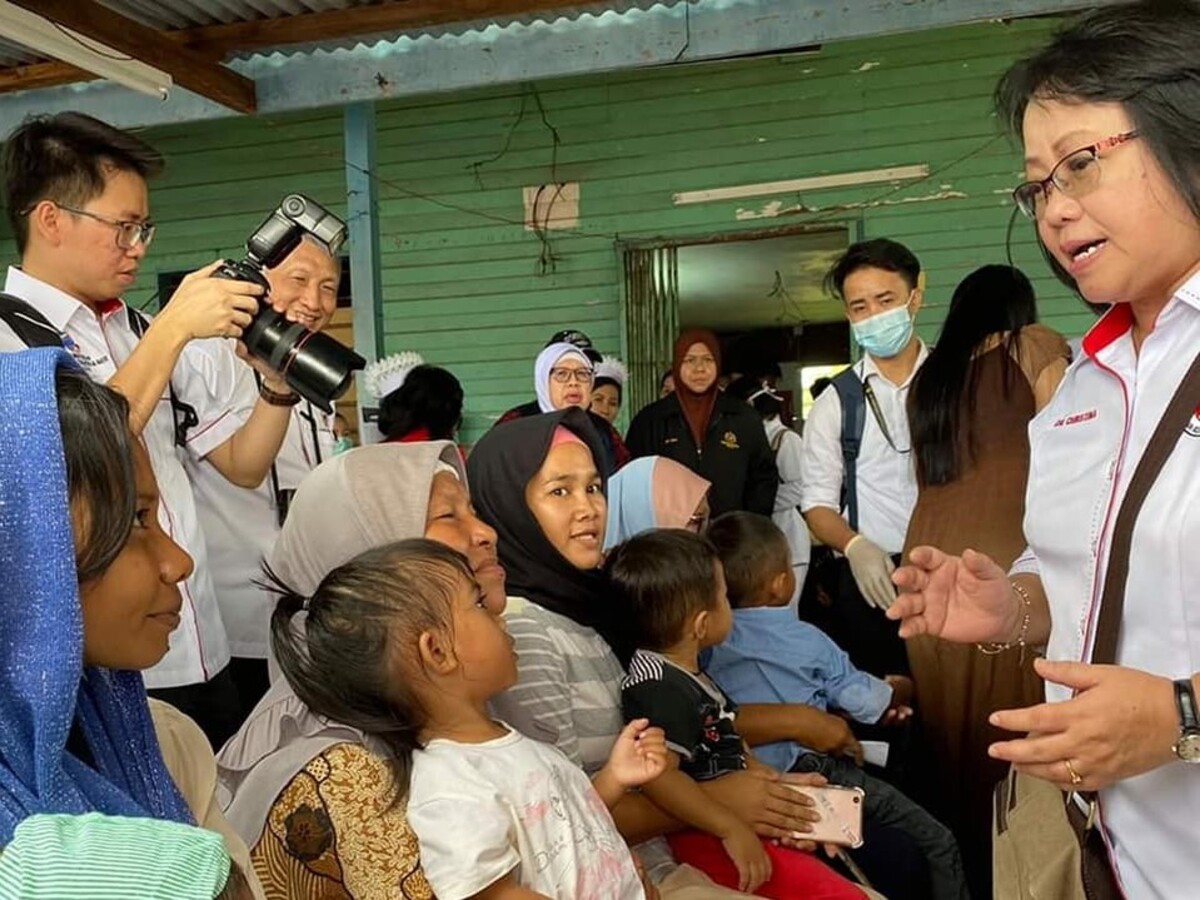KUALA LUMPUR, August 23 – The Ministry of Health (MOH) has asserted that pertussis remains under control in Malaysia, based on case numbers this year so far that fell below pre-Covid pandemic levels.
Health director-general Dr Muhammad Radzi Abu Hassan said in a statement yesterday that 329 cases of pertussis, also known as whooping cough, were reported nationwide as of August 19, a decline of 52.8 per cent from 697 cases in the same period in 2019.
Among the 329 pertussis cases this year, 23 died (7 per cent).
Of this year’s 329 pertussis cases as of August 19, about a third or 110 cases were non-citizens. Babies aged below 12 months comprised more than half at 189 cases (57.4 per cent), followed by 94 cases in children aged one to 10 years (28.6 per cent), with the remainder among those aged 11 years and older.
The 329 pertussis cases reported according to state are as follows (no cases were reported in Perlis):
- Sabah: 181 cases
- Selangor: 51 cases
- WP Kuala Lumpur and Putrajaya: 15 cases
- Pahang: 13 cases
- Perak: 13 cases
- Melaka: 12 cases
- Negeri Sembilan: 12 cases
- Johor: 9 cases
- Sarawak: 8 cases
- Kelantan: 7 cases
- Kedah: 3 cases
- Terengganu: 3 cases
- Penang: 1 case
- WP Labuan: 1 case
“As previously informed, the trend of pertussis cases in Malaysia is in line with the global situation that saw a decline of cases during the Covid-19 pandemic (2020 to 2021) during the enforcement of movement control orders (MCOs), but subsequently rose after MCOs were lifted,” Dr Radzi said.
“However, the increase of cases subsequent to the lifting of MCOs was lower compared to average annual cases before the Covid-19 pandemic. This shows that the current pertussis infection in the country is under control and not worrying.”
Despite the Health DG’s assertion, he did not provide data on vaccination coverage with the hexavalent combination vaccine (diphtheria-tetanus-pertussis-polio-Hepatitis B-Haemophilus influenzae type b). Neither did he provide details on the vaccination status of the 329 pertussis cases reported this year.
More than half of this year’s cases (55 per cent) were reported in Sabah alone. That, coupled with foreigners comprising a third of cases, indicates there are likely pockets of unvaccinated communities in the state, or elsewhere in the country.
CodeBlue reported yesterday, based on World Health Organization (WHO) data, that coverage of both the first and third dose of the diphtheria-tetanus-pertussis (DTP) vaccine in Malaysia was at least 95 per cent since 2010.
Dose Three coverage dropped from 98 per cent in 2020 to 95 per cent in 2021, before rising to 97 per cent last year. WHO data is based on data reported from the government.
Dr Radzi also said no new pertussis cases have been detected in the surrounding areas of a family in Rompin, Pahang, after an outbreak following infections in two children and their mother. The three are in stable condition after receiving treatment.
In Malaysia, the hexavalent combination vaccine is routinely given to children at ages two, three, five, and 18 months.
“Children who missed out on their immunisations can be brought to the nearest public health clinic to complete their immunisation,” the Health DG said.
“Babies and children who did not receive complete immunisations are at the highest risk for infection.”
The main symptom of pertussis — a vaccine-preventable childhood disease caused by infection with the Bordetella pertussis bacteria — is a lengthy cough for one to two weeks that can extend to two months. Severe complications like pneumonia, encephalopathy, and even death can occur without early treatment.








